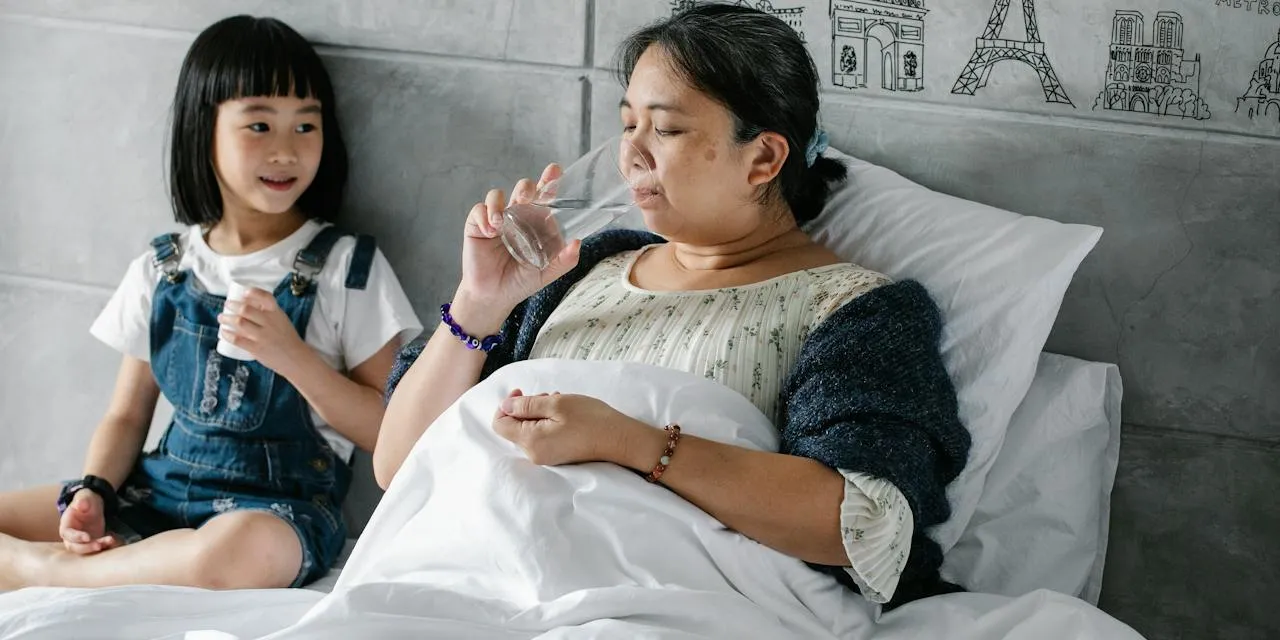
- Sensorion receives authorization to initiate a Phase 1/2 clinical study with SENS-501 (OTOF-GT) in France as first country
- Sensorion’s first gene therapy program, SENS-501, aims to restore hearing in patients with mutations in the gene encoding otoferlin and suffering from severe to profound hearing loss. It was developed as part of a strategic partnership with the Institut Pasteur
- Audiogene, the Phase 1/2 clinical trial led by Sensorion aims to evaluate the safety, tolerability and effectiveness of SENS-501 in young children
a pioneering clinical-stage biotechnology company specializing in the development of novel therapies to restore, treat and prevent hearing loss disorders, today announces that it has received approval of its application to initiate a Phase 1/2 clinical trial (CTA) with SENS-501 (OTOF-GT) in France. Sensorion also receives the conclusion regarding part I of the evaluation report in accordance with Regulation 536/2014, including France, Italy and Germany, that the conduct of the clinical trial is acceptable.
The Phase 1/2 clinical trial (Audiogene) aims to evaluate the safety, tolerability and effectiveness of intra-cochlear injection of SENS-501 for the treatment of OTOF-related hearing loss in children aged 6 at 31 months at the time of gene therapy treatment. By targeting the first years of life, a period during which the plasticity of the central auditory system is optimal, the hope of acquiring speech and language considered normal is greatly increased in these young children with pre-lingual hearing loss. Audiogene will also evaluate the clinical safety, performance and ease of use of the product delivery system being developed in partnership with EVEON. The study will consist of two two-dose cohorts followed by an expansion cohort at the selected dose. The main objective of the dose escalation phase is safety while the measurement of auditory evoked potentials (AEP) is retained as the main effectiveness objective for the dose expansion phase. Approval to conduct the clinical study follows extensive preclinical studies investigating the safety and efficacy of SENS-501 and the successful production of one batch of SENS-501 gene therapy product for the trial clinical. Sensorion will communicate about the first patient during the second half of 2024.
Nawal Ouzren, Managing Director of Sensorion, commented: “Obtaining authorization to start the Phase 1/2 clinical trial for SENS-501 marks an important milestone for Sensorion and confirms our position among the leading companies in the emerging field of gene therapies for hearing loss. Hearing loss caused by mutations in the otoferlin gene is a complex disorder and represents a significant unmet medical need as there are no approved curative treatments for children with this congenital deafness. We look forward to continuing to work with healthcare providers, regulatory authorities and patient groups to address unmet medical needs in the hearing field.”
Professor Natalie Loundon , MD, Ph.D., Director of the Pediatric Audiology Research Center, Head and Neck and Pediatric ENT (otolaryngology) surgeon at the Necker Children’s Hospital, AP-HP, in Paris, in France, Coordinating Investigator of the Audiogene clinical study commented: “SENS-501 represents hope for many children born with deafness linked to an otoferlin gene defect and for whom there is currently no treatment curative. The administration of a single injection therapy to very young children requires a state-of-the-art hospital technical platform and a team of caregivers familiar with the handling of gene therapies. In line with our philosophy of supporting innovation wherever children’s medical needs are unmet, we are delighted to be involved in this pioneering clinical trial from the outset.”
Sensorion’s dual vector AAV gene therapy SENS-501 (OTOF-GT) development program aims to restore hearing in patients with mutations in the gene encoding otoferlin (OTOF) and suffering from hearing loss Severe to profound non-syndromic prelingual sensorineural hearing. Sensorion’s lead gene therapy program was developed as part of its hearing genetics-focused collaboration with the Pasteur Institute, which began in 2019.
The team of the Genetics and Physiology of Hearing unit at the Institut Pasteur, led by Professor Christine Petit, MD, PhD, has developed globally recognized expertise over the last 25 years in molecular physiology and pathophysiology. of the hearing system. Recent advances, led alongside Saaid Safieddine, PhD, led to the development of the gene therapy product SENS-501.
Christine Petit, Professor at the Institut Pasteur, Paris, and Professor Emeritus at the Collège de France, Winner of the Kavli Prize in 2018, added: “This regulatory green light for the inclusion of patients in France in one of the first global trials aimed at to evaluate a gene therapy in the field of hearing, represents a major success for the teams at the Hearing Institute (center of the Pasteur Institute) and a crucial step in our strategic collaboration with Sensorion. The SENS-501 program, which aims to correct the deficiency of a gene responsible for congenital deafness to restore hearing, is based on very solid pioneering research which has made it possible to identify the role of otoferlin and pathogenic processes caused by otoferlin deficiency. Its success will pave the way for other potential therapeutic innovations, based on gene therapy, in many forms of deafness and for thousands of patients.”
Otoferlin is a protein expressed in inner hair cells found in the cochlea. It is essential for hearing by ensuring the transmission of acoustic signals to the auditory nerves. Otoferlin-related hearing loss accounts for up to 8% of all cases of congenital hearing loss, affecting approximately 20,000 people per year in the United States and Europe 1 . SENS-501 has already received orphan drug designation from the US Food and Drug Administration (FDA) 2 and the European Medicines Agency (EMA) 3 , as well as rare pediatric disease designation from the FDA in the fourth quarter 2022.
Sensorion presented preclinical data supporting the potential safety and efficacy of otoferlin gene therapy delivered by a dual AAV vector. Administration of SENS-501 in a DFNB9 (OTOF-KO) mouse model showed long-term de novo expression of otoferlin in inner hair cells and restoration of auditory evoked potentials (AEPs). Sensorion also developed an optimal surgical procedure, based on cochlear implantation surgery, and a delivery system in non-human primates (NHPs), which demonstrated an effective transduction rate of target inner hair cells in the NHPs. The delivery system was developed in partnership with EVEON, a company that designs and manufactures tailor-made medical devices for the preparation and administration of medications.
Denis Le Squer, general director of the Fondation Pour l’Audition , added: “The initiation of the Audiogene clinical study is a major step forward for deaf children with OTOF gene mutations and their parents, it also carries hope for people with genetic deafness. We are very proud that our long-standing support for French innovation, notably represented by Sensorion, to the teams of Professor Petit, at the Hearing Institute, center of the Pasteur Institute, and to Professor Loundon, at the center of Research in Pediatric Audiology, Necker Children’s Hospital, is now being translated into a clinical trial.
This gene therapy for patients suffering from otoferlin deficiency was developed within the framework of the RHU AUDINNOVE, a consortium made up of the Necker Enfants Maladies Hospital, the Pasteur Institute, the Fondation pour l’Audition and Sensorion. This project is partly financed by the French National Research Agency under the future investments program bearing the reference ANR-18-RHUS-0007.




